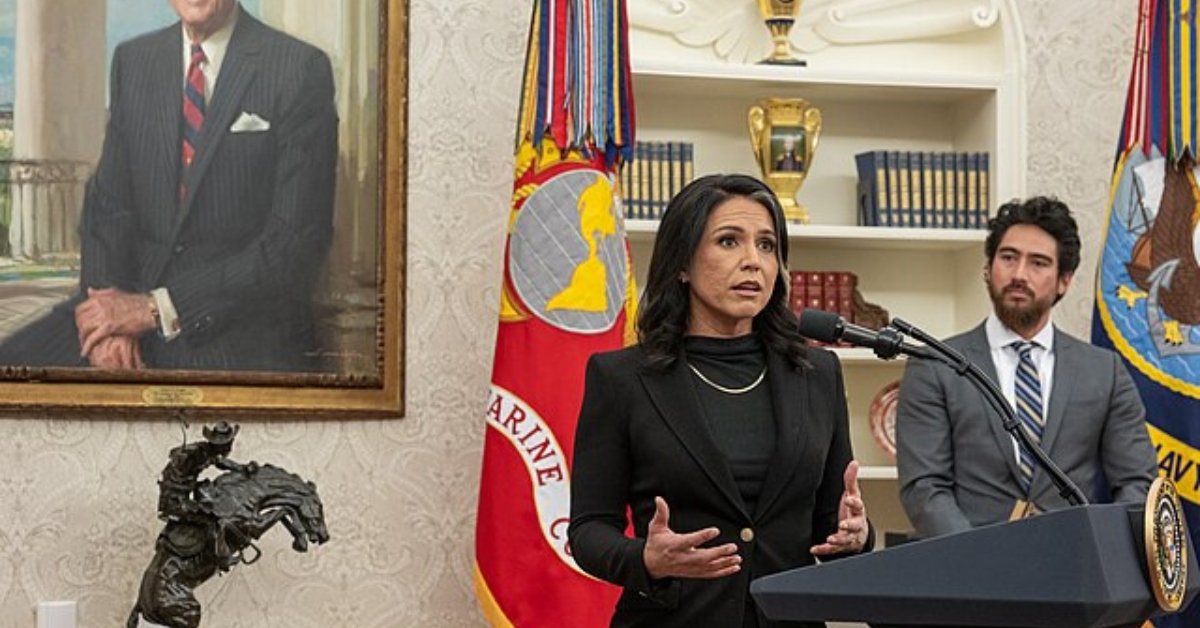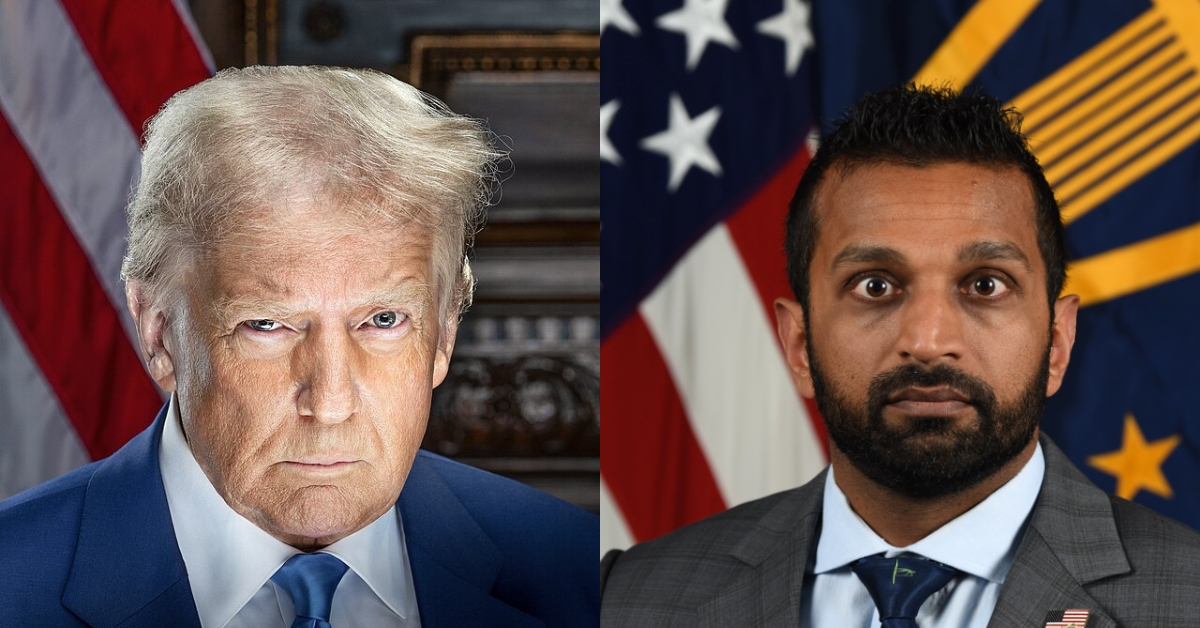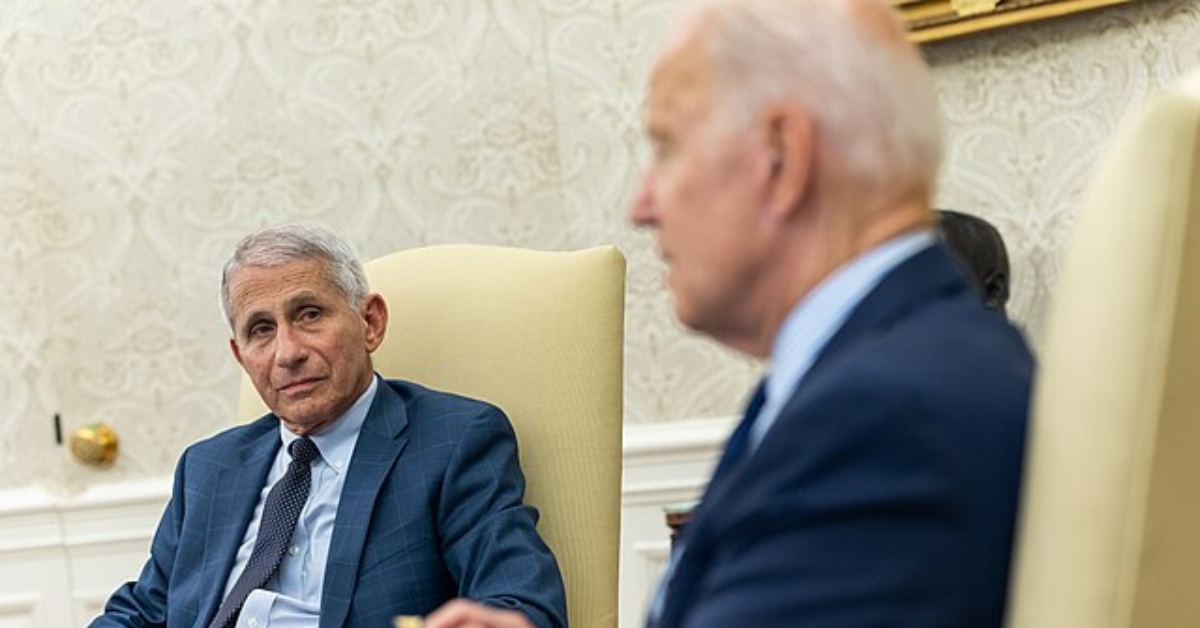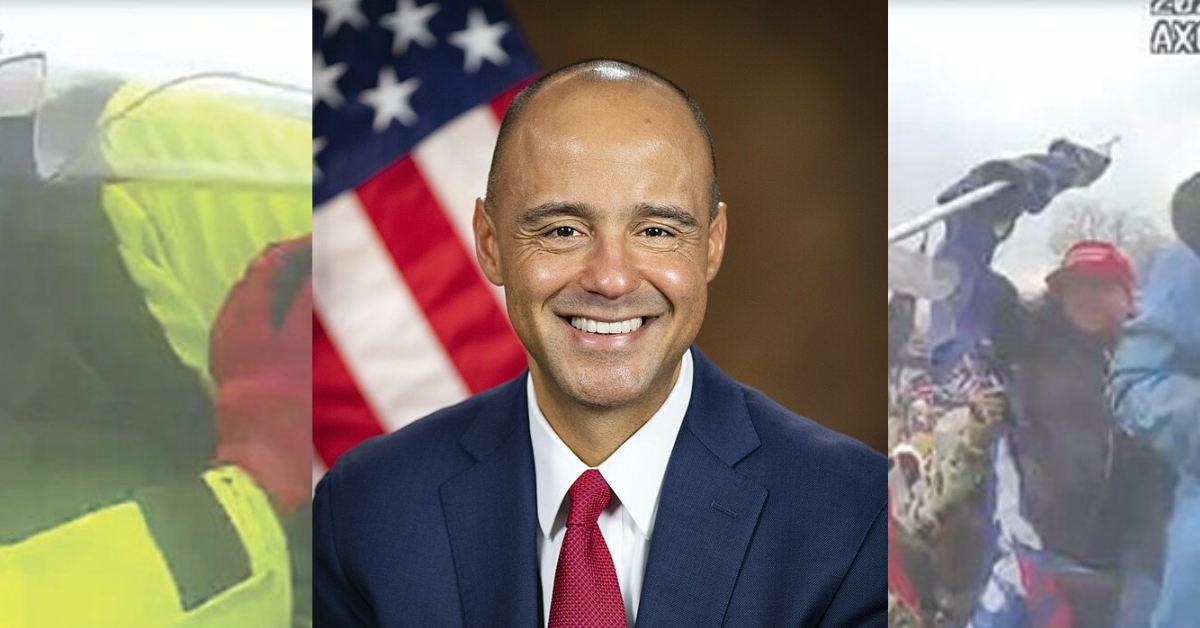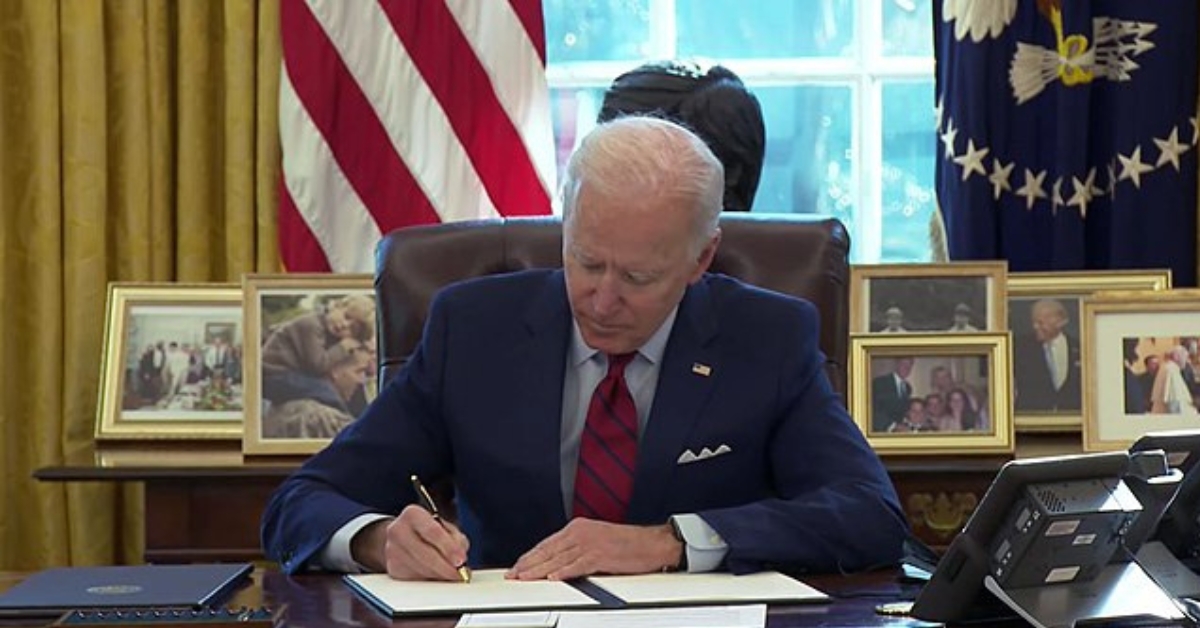
Biden-Appointed US Attorney Refuses to Pursue Tax Charges Against Hunter Biden
President Biden’s appointed federal prosecutor in DC, Matthew Graves, confirmed in a recent deposition that he wouldn’t cooperate with Delaware’s prosecutor to bring tax charges against Hunter Biden. Graves argued that such cooperation would be challenging, citing difficulties in getting up to speed on a complex case.
This confirmation aligns with claims made by two IRS whistleblowers who testified that Biden’s Justice Department appointees nearly prevented charges against the president’s son. Graves explained the challenges of partnering with another prosecutor, emphasizing that they didn’t want to introduce another chain of command that could delay proceedings.
Graves also pointed out that the extensive duration of the investigation made it practically impossible to catch up on all the details. He compared it to buying a mansion without a proper inspection, suggesting that issues would be missed in the process.
While Graves mentioned that his office had expressed willingness to facilitate a prosecution on tax fraud charges against Hunter Biden, he revealed minimal communication with Delaware US Attorney David Weiss, indicating that he had only a single 10-minute phone call with Weiss before deciding against collaboration. This lack of communication led to the decision to not partner in bringing charges against Hunter Biden.
The controversy surrounding this case extends to Hunter Biden’s tax issues and the apparent reluctance of some officials to pursue charges. Graves defended Attorney General Merrick Garland’s earlier statements, assuring Congress that Weiss had the authority to charge Hunter Biden outside his district. This assurance was later contradicted by IRS agents Gary Shapley and Joseph Ziegler, who worked on the case.
These whistleblower allegations have sparked a House impeachment inquiry into whether President Biden misused his office while serving as vice president to aid his family’s foreign business interests. The whistleblowers have accused the DOJ of blocking various investigative steps and interfering in the case, contributing to the perception of a potential cover-up.
In the midst of this controversy, Republicans argue that Garland may have lied under oath, potentially committing a federal crime. However, Garland’s defenders claim that his decision to make Weiss a special counsel has resolved the issue.
While Weiss has not yet filed federal tax charges against Hunter Biden outside Delaware, he did file felony counts related to illegal gun possession in the state. The future of the tax case and its implications remain a subject of debate and speculation.
Conservatives are closely watching this case, expressing concerns about transparency and accountability within the Biden administration. The credibility of Attorney General Merrick Garland and the Justice Department is at stake, and this issue has become a focal point of political contention.
